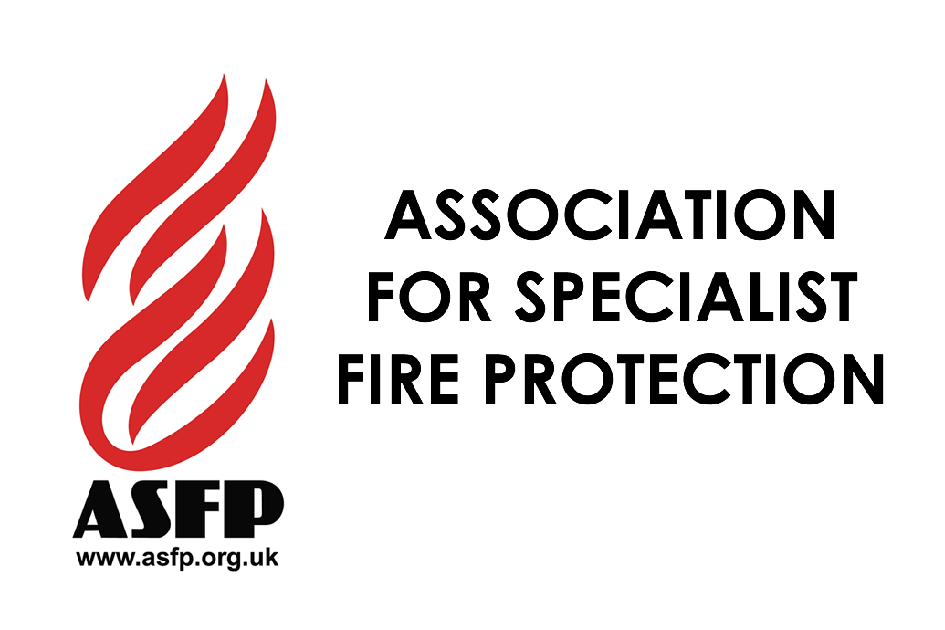The Association for Specialist Fire Protection (ASFP) endorses the interim findings of the Independent Review of Building Regulations and Fire Safety, led by Dame Judith Hackitt, which recommend a change in culture within the UK construction industry and significant reform of the UK fire safety regulatory system.
The Interim report identifies a lack of clarity in the roles and responsibilities throughout a building’s lifecycle; from design and construction to maintenance during occupation. It notes widespread deviation from what is originally designed to what is actually built and highlights inadequate means of assessing and ensuring adequate levels of competency throughout the process. In addition, the report recognises the vital role of installers, noting that ‘the integrity and efficacy of products and systems is highly dependent on correct installation by competent and knowledgeable persons’.
The ASFP has long been campaigning for formal competency requirements for fire professionals, mandatory third party certification of products and installers and a system that more clearly sets out the requirements and responsibilities at each stage of construction.
ASFP COO Niall Rowan states:
“The ASFP welcomes the findings of the review which highlight many of the inconsistencies within the design and build process and we support the general direction of travel outlined in the report.
“I am pleased to see that Dame Judith has recognised the poor practices surrounding ‘value engineering’, the lack of proper procedures for handover of fire safety information on completion, and the need to tighten up controls on ‘desktop studies’. She also highlights a need for fire risk assessors to be qualified, and the confusion surrounding the testing, assessment and certification of fire protection products. All issues of great concern for the ASFP.”
“To address the competency issue, the ASFP is working with the Institution of Fire Engineers to provide training and competency evaluation for all stakeholders involved in the design, specification, installation and maintenance of passive fire protection. The programme in development will enable trainees to obtain an IFE qualification in passive fire protection.
“Furthermore, working together with the Royal Institute of British Architects (RIBA), the ASFP has been developing a Plan of Works for Fire. This aims to ensure that there is a detailed specification for fire protection at the design stage and a schedule for fire throughout the construction process. The process being developed will include mandatory sign offs as construction progresses, with all information reaching the end-user to support adequate fire risk management.”
“We hope these initiatives will form useful input to phase two of the review and look forward to working with Dame Judith and all industry stakeholders to a develop a regulatory system that more clearly sets out the requirements, responsibilities and competencies required at each stage throughout the building lifecycle, including changes and refurbishments later in the building’s life.”
For further information on the ASFP and advice on passive fire protection, visit www.asfp.org.uk








